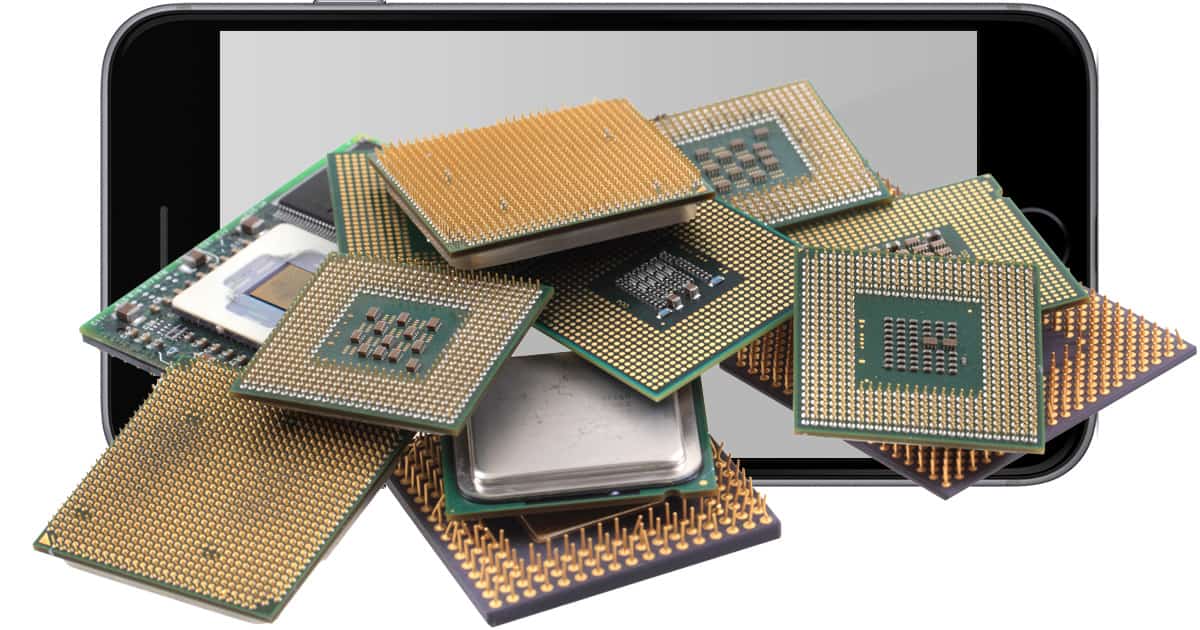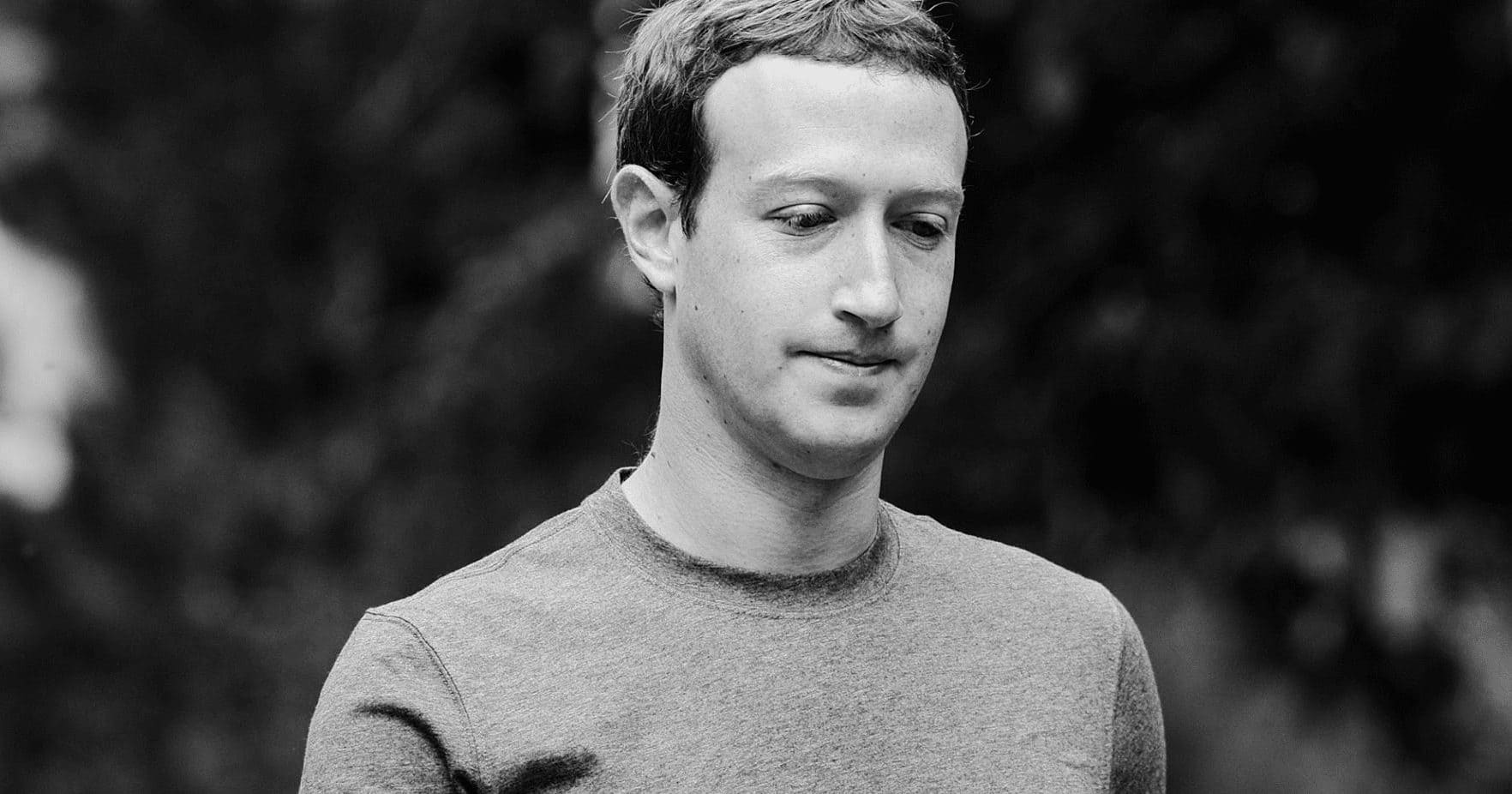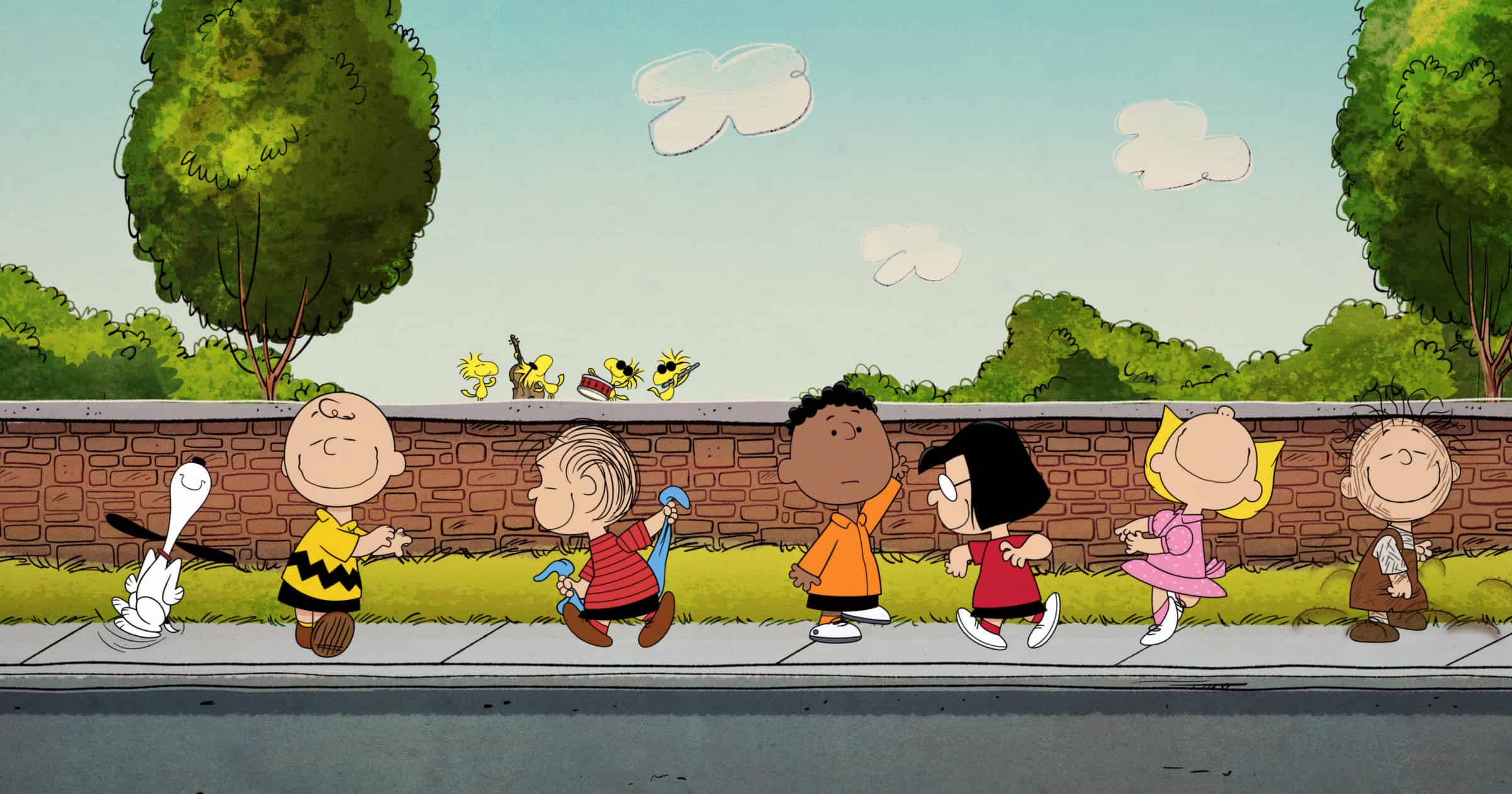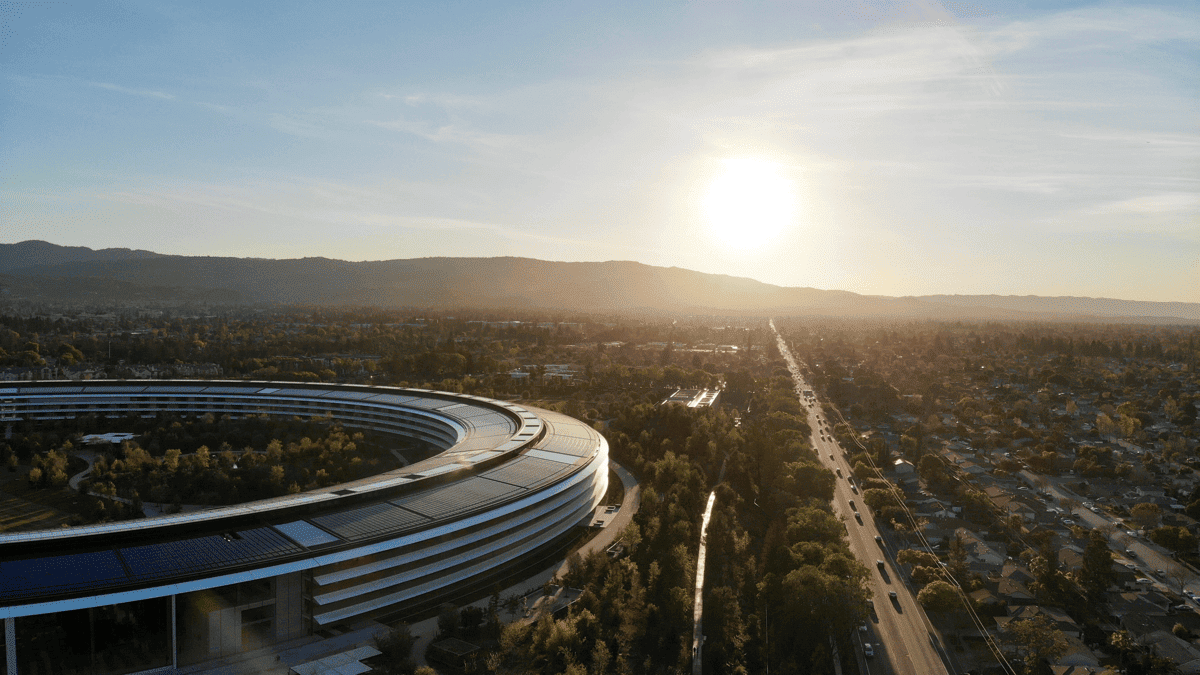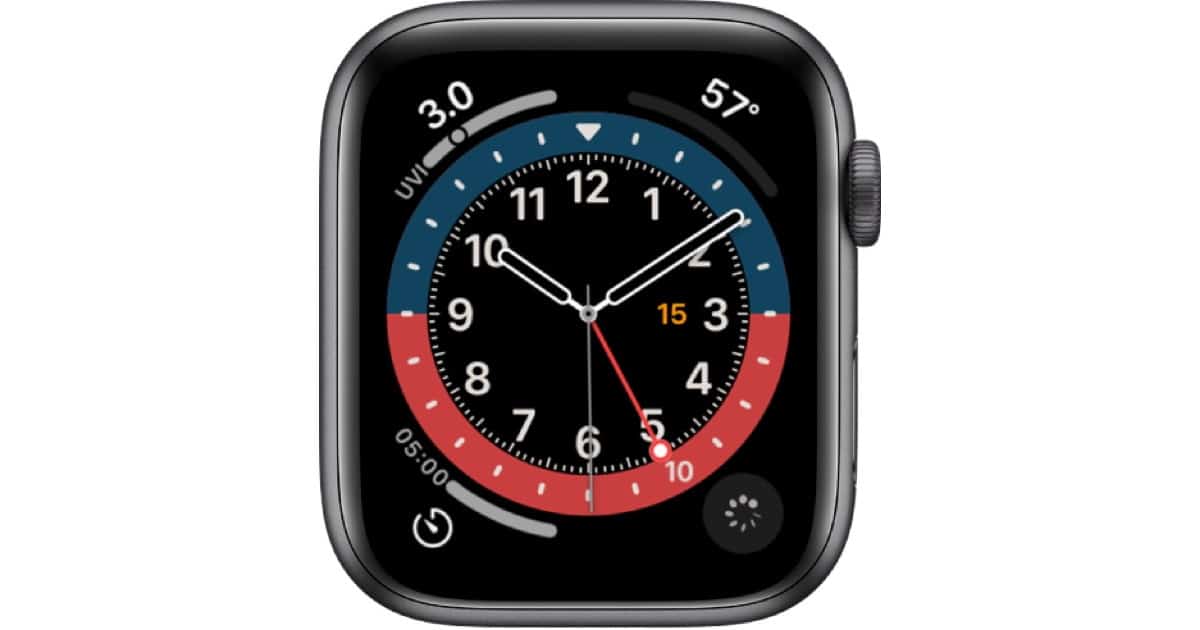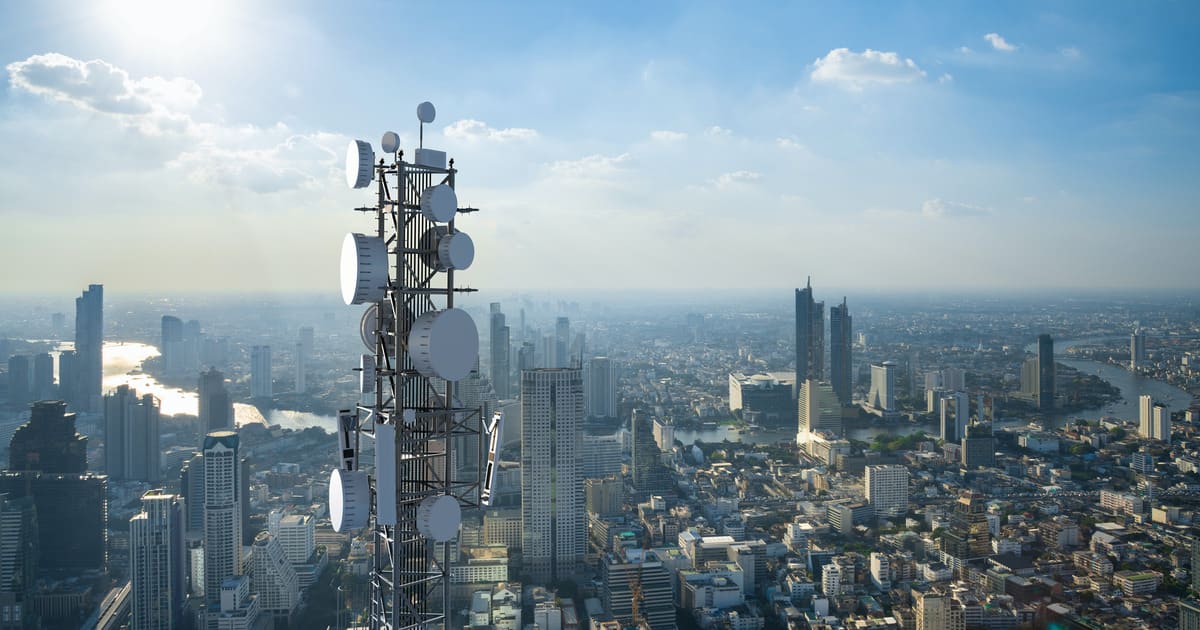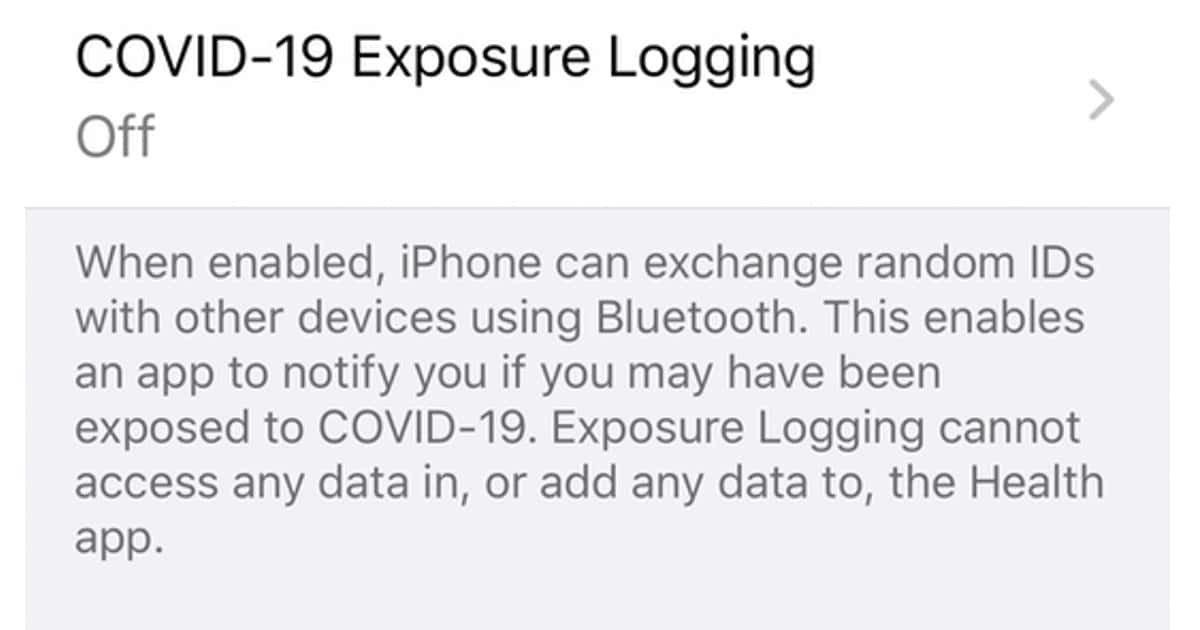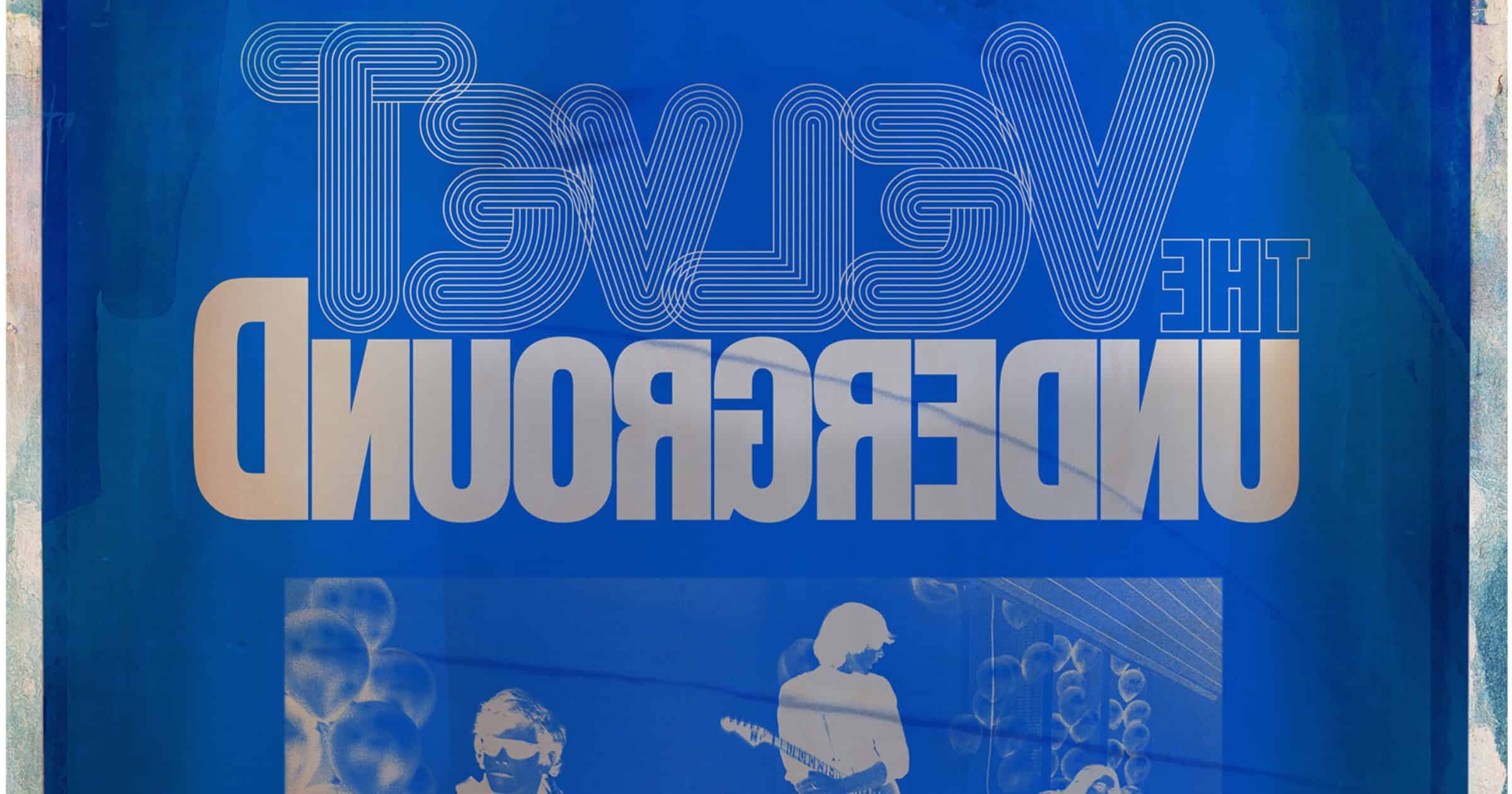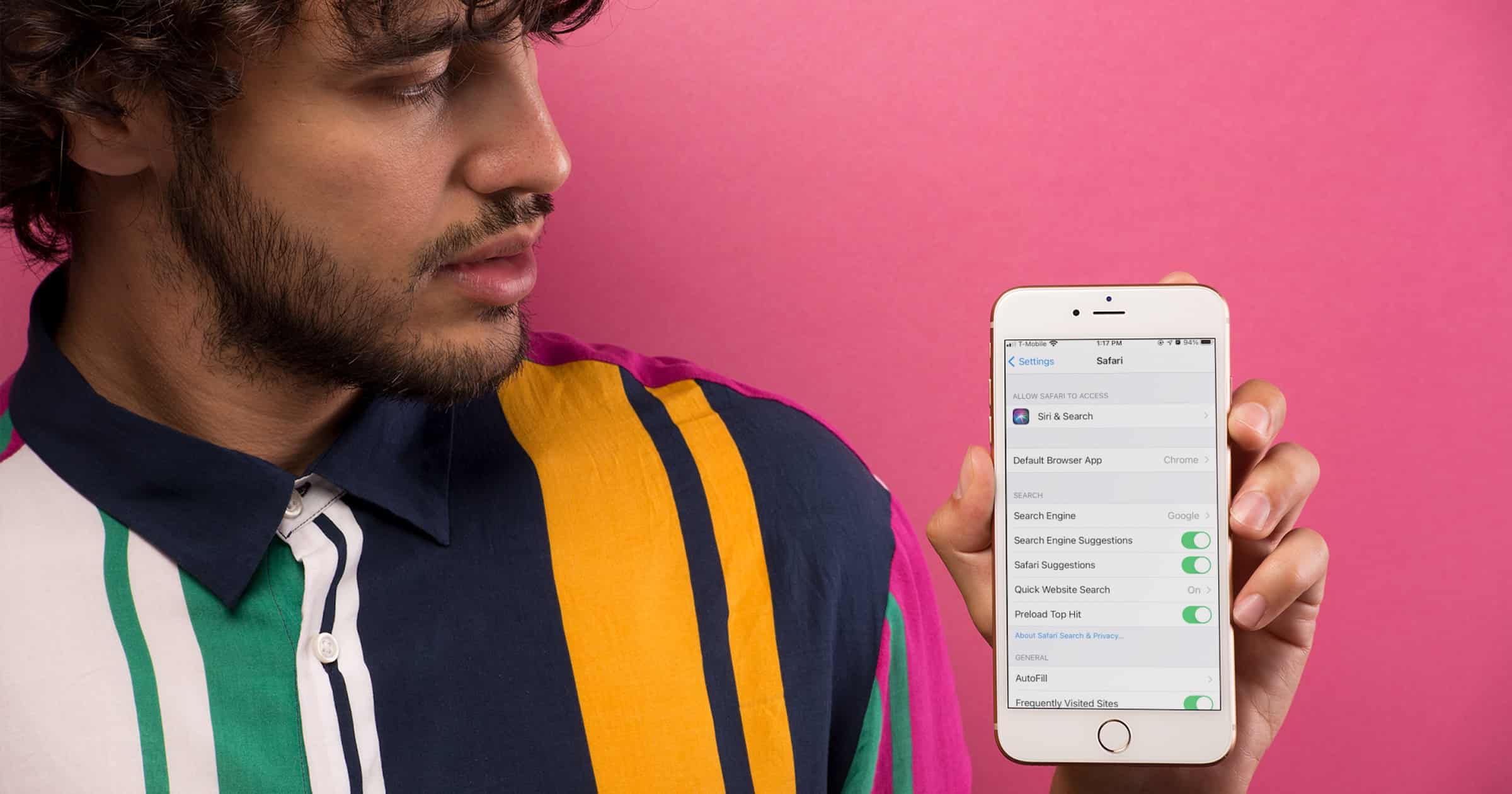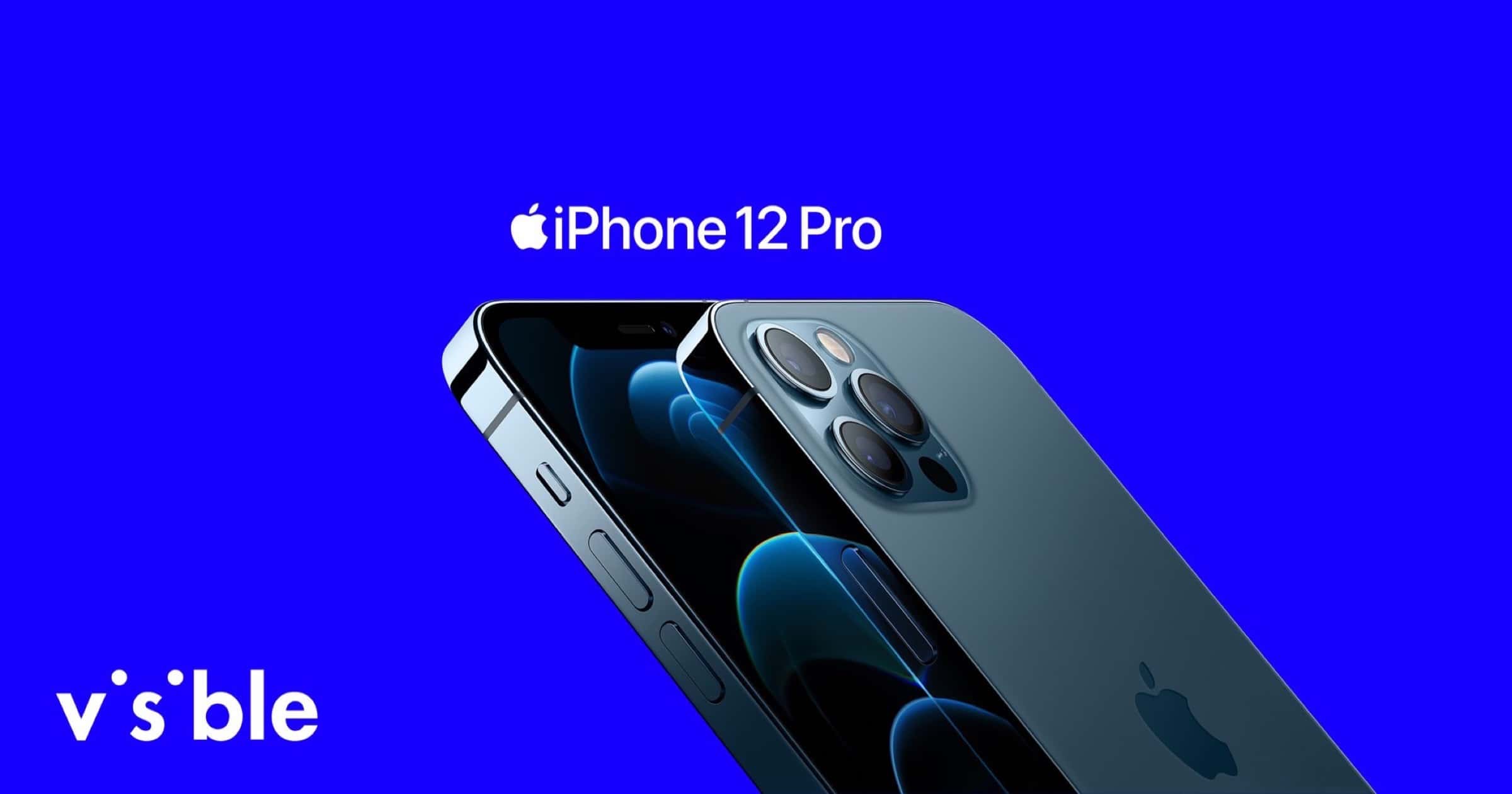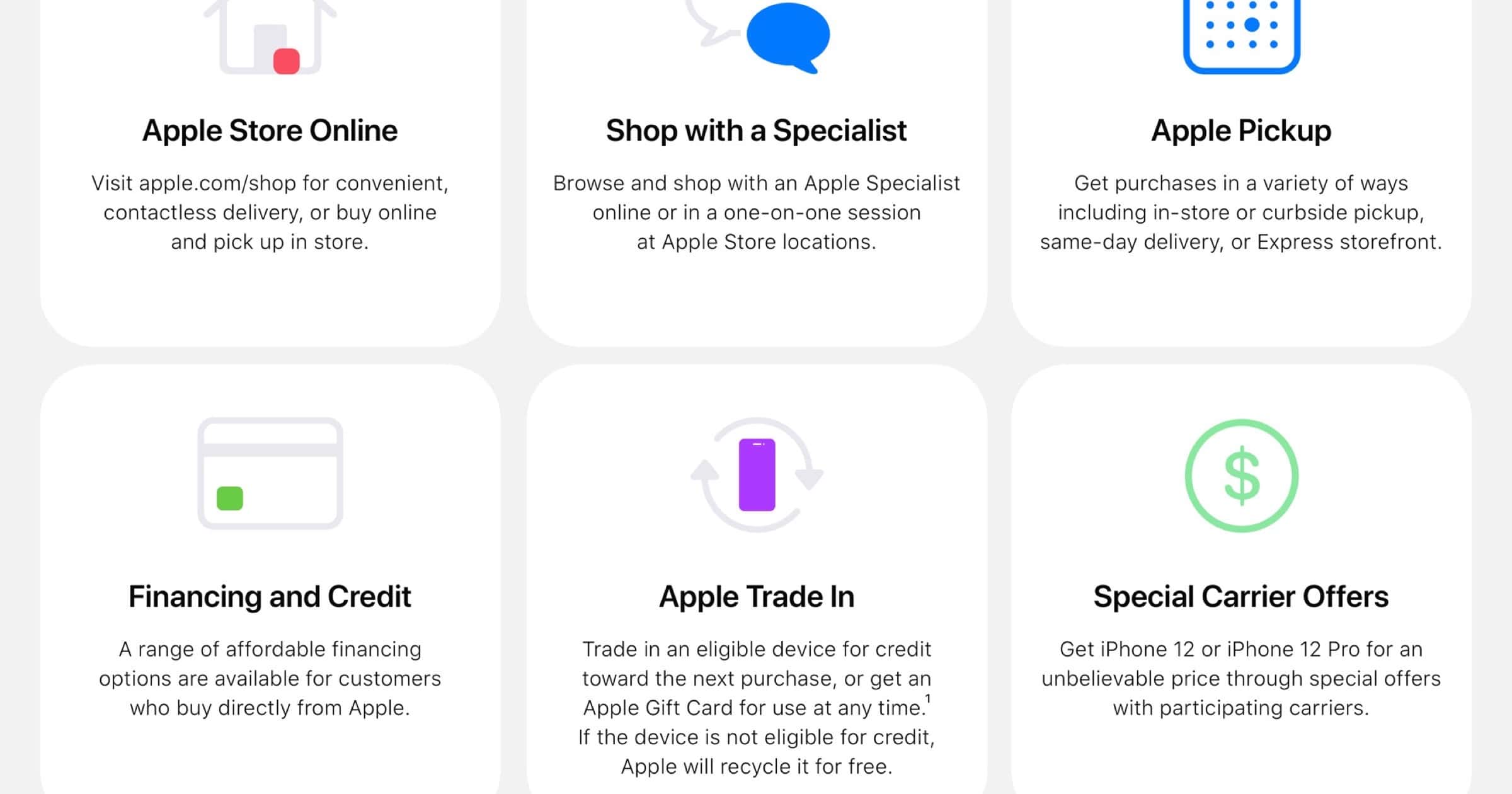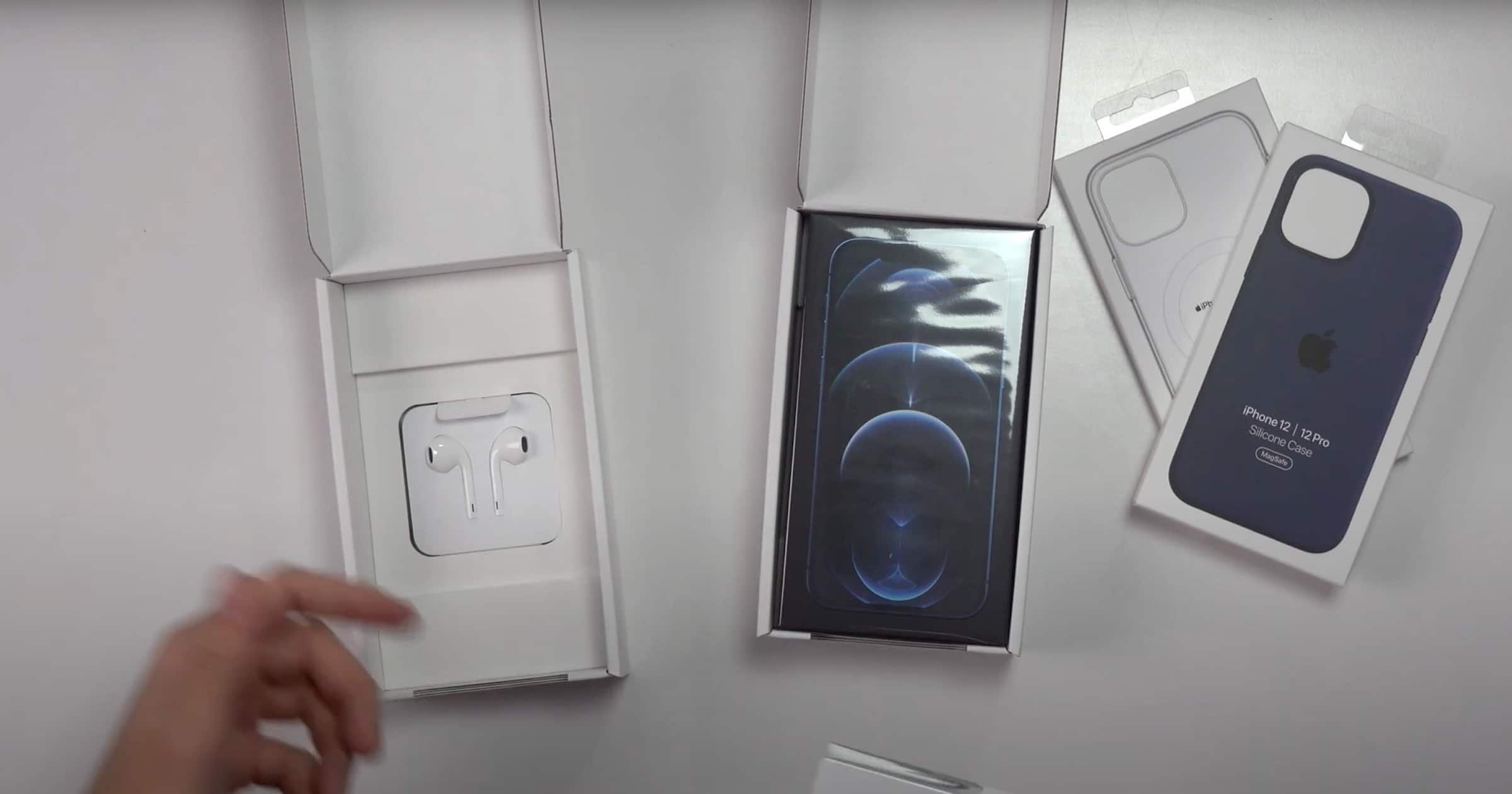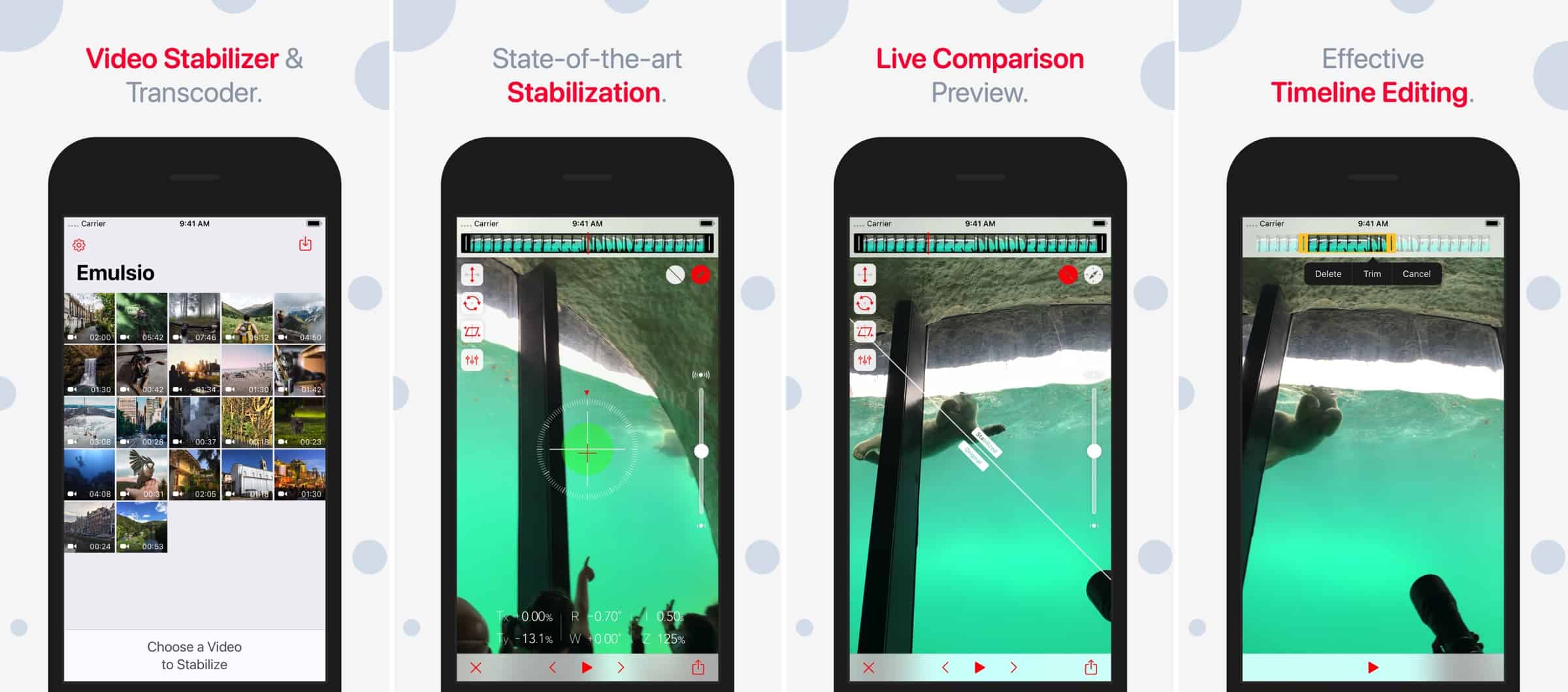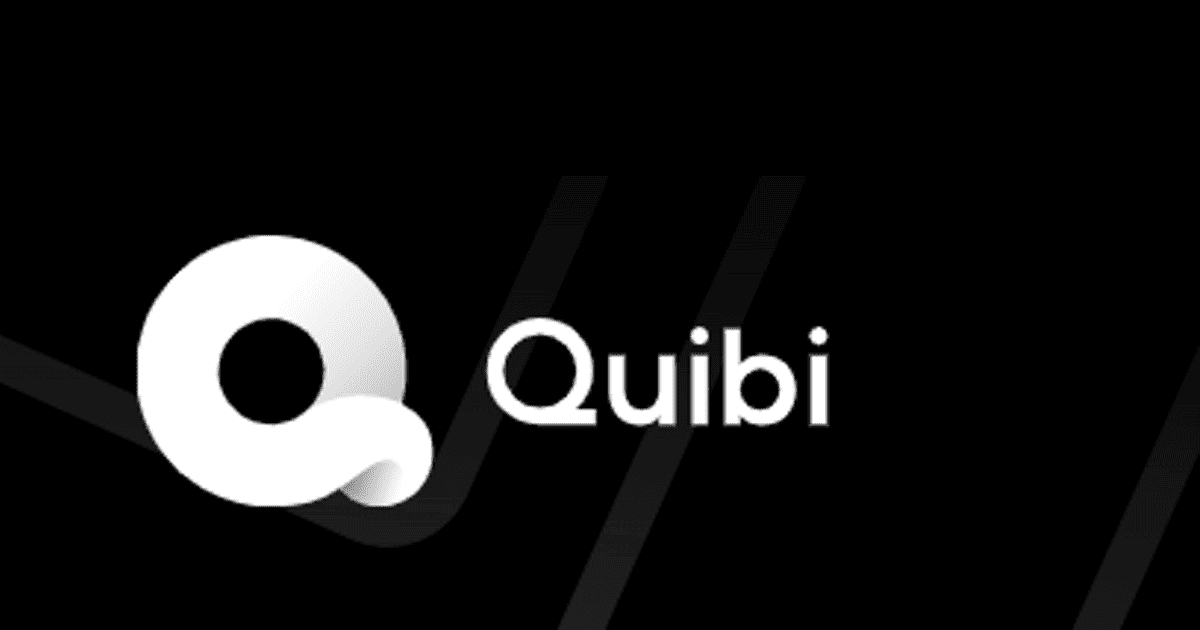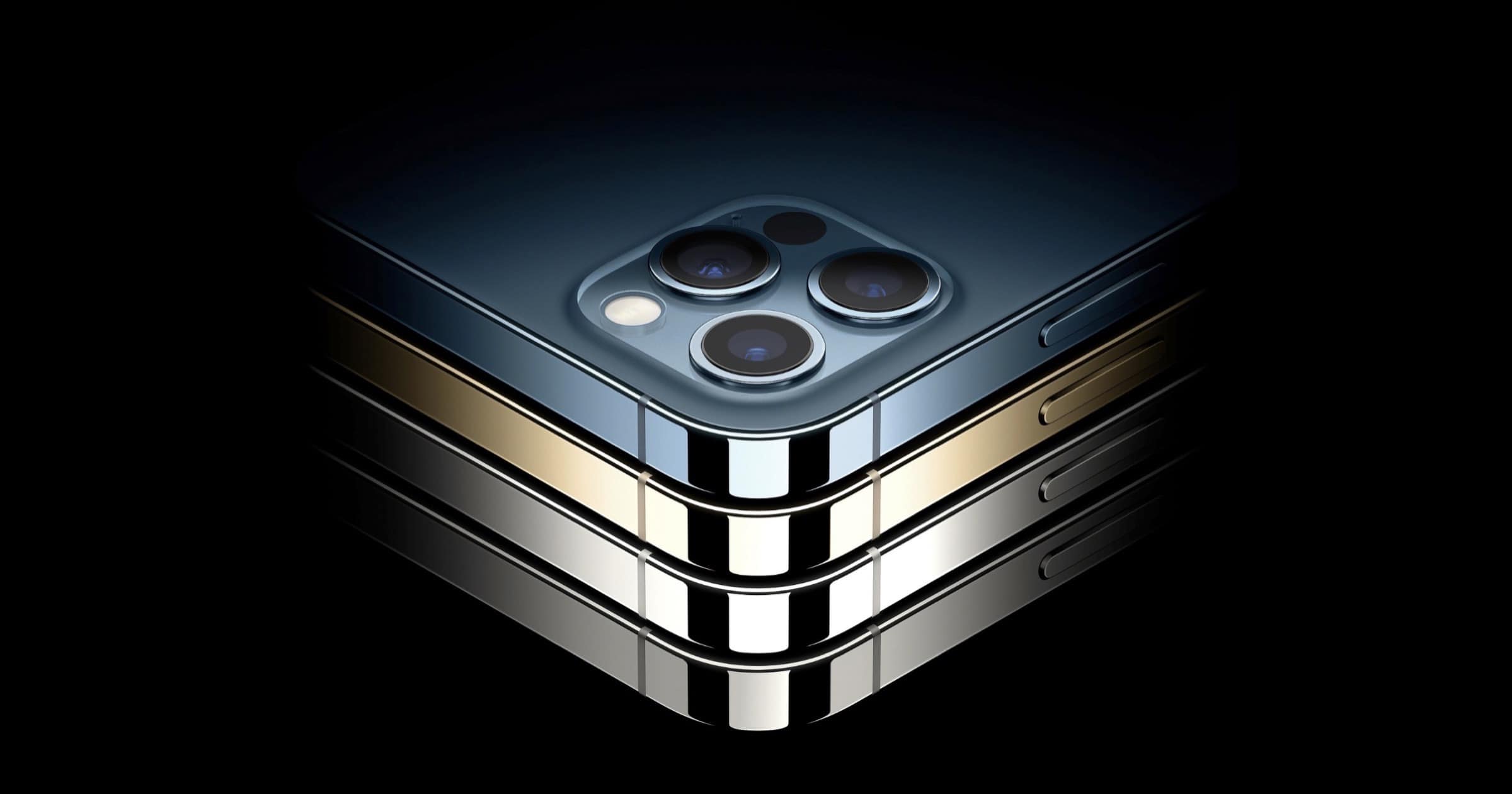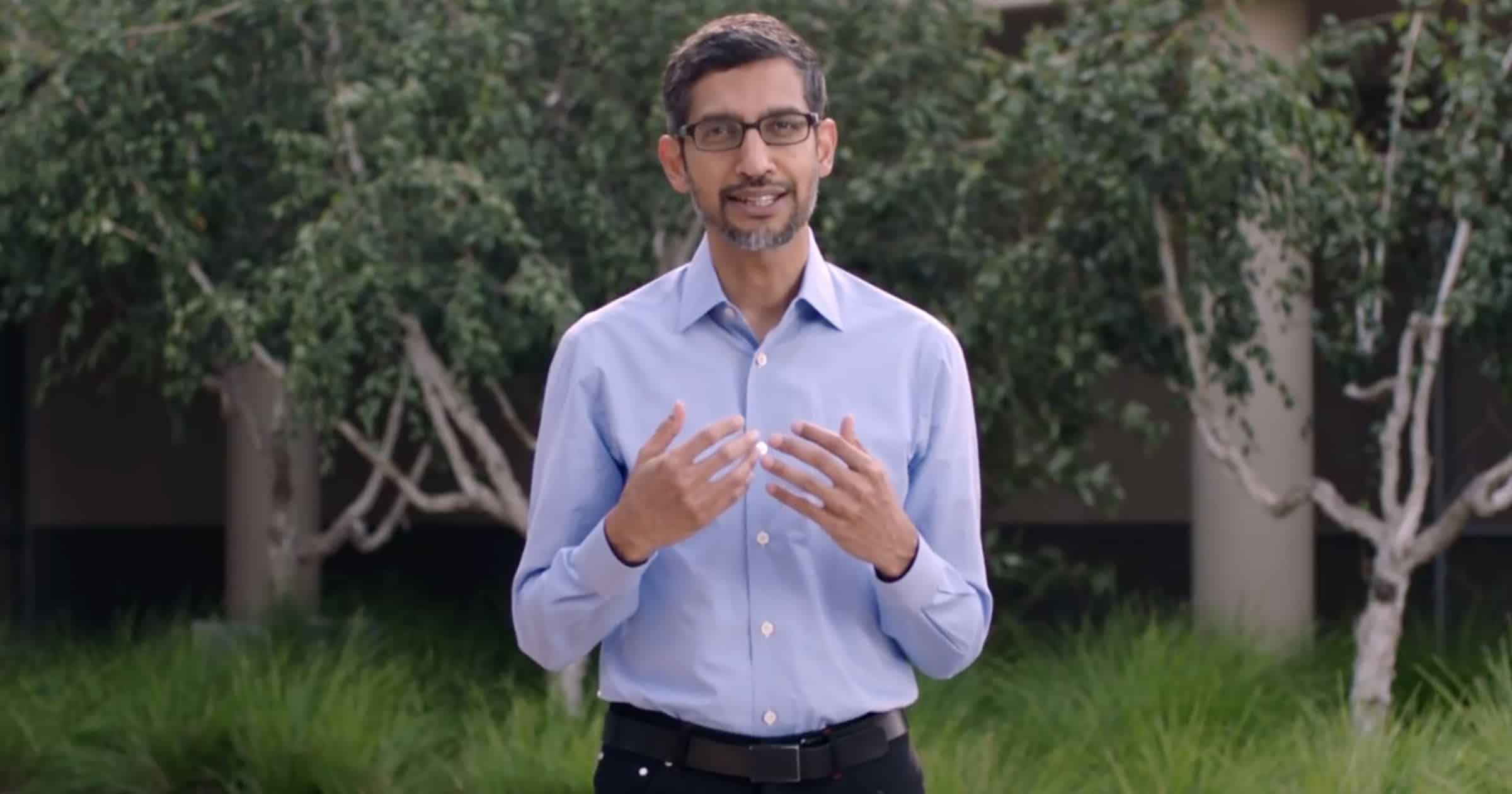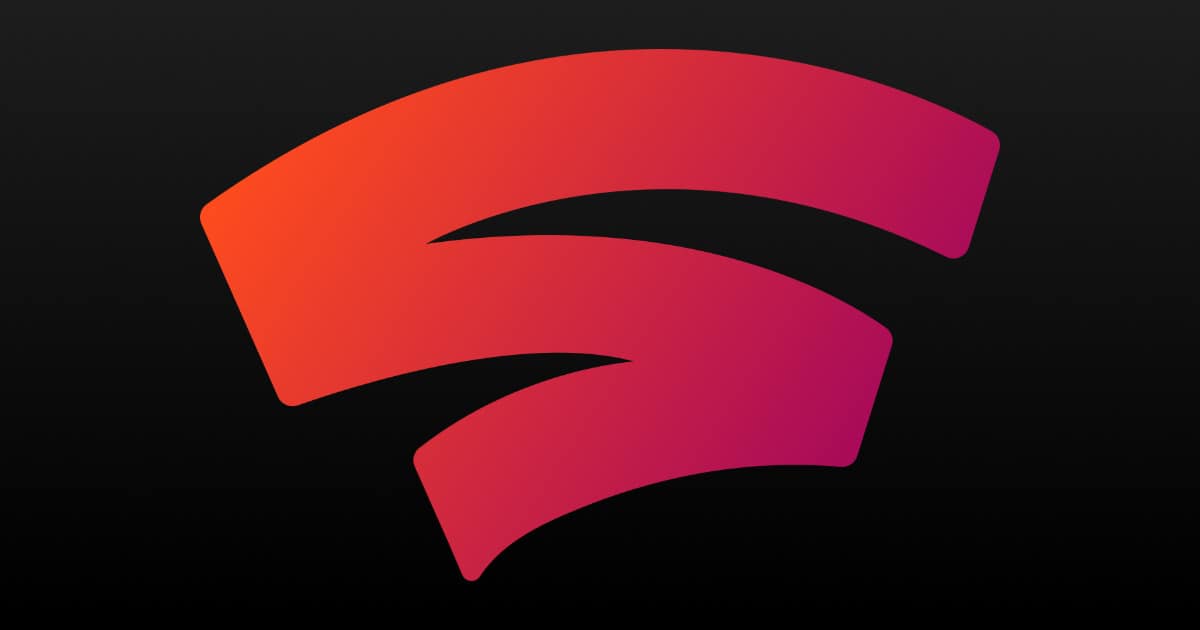A report on Thursday says that Apple has been lobbying the government for tax breaks as it seeks to build its U.S. chip production.
Search:
Airbnb Collaborates With Jony Ive’s LoveFrom Design Company
Airbnb is planning the next generation of its products and services, and it will collaborate with Jony Ive’s company LoveFrom.
Examining the Feud Between Apple and Facebook
James Titcomb has a op-ed in The Sydney Morning Herald where he pieces together the Apple-Facebook feud.
Over the past six months Facebook has become Apple’s chief antagonist, airing its gripes with investors, the media, its own employees and even the regulators writing the rules that will govern digital services for the next decade.
That is despite the companies not being traditional rivals: Apple sells hardware and runs subscription services; Facebook gets 98 per cent of its income through advertising.
I think the fundamental difference is that Facebook is doing everything in its power to become a mediator for reality. But so far it’s a mediator on platforms that it can’t control, and Apple is chipping away at some of the tools Facebook relies on, like targeted advertising.
Some Peanuts Fans Are Not Happy The Holiday Specials Are Only Going to be on Apple TV+
It emerged earlier this week that Peanuts holiday specials, as wells as Snoopy in Space, will be exclusive to Apple TV+. NBC News reported that some fans of the comic strip and shows are not happy with the special being off traditional TV for the first time.
The popularity of the beloved characters — such as Snoopy, Charlie Brown and Peppermint Patty — have spanned generations in large part due to the annual specials. But despite the limited free access to the content, many fans took to social media and shared their distaste for the move, with some noting that many families do not have access to streaming. Others felt the move ended a beloved, shared American tradition. “The point of having them on network TV is the country coming together and watching at the same time. That’s being taken from us,” one Twitter user wrote. “The Peanuts specials are one of the very FEW things that brings US together.”
Apple Needs Its Own Version of Google's 'Don't be Evil' Policy
In its early days, Google famously touted its ‘don’t be evil’ policy. Now, it’s being sued by the U.S. Department of Justice. Ed Hardy at Cult of Mac thinks Apple should adopt its own version of that policy, to avoid ending up in similar legal and political difficulties.
When deciding how to handle something, Apple must ask itself, “Even if this will make us money, will it also make us look like jerks?” That doesn’t mean it can’t remain a very profitable enterprise. But it seems like many of the changes that would polish Apple’s image wouldn’t cost that much, relative to current profits. And they’d help head off government oversight. The Department of Justice and Congress, along with the E.U. Commissioner for Competition, are watching Cupertino closely. Apple doesn’t want any of these governmental bodies forcing major changes on its business.
watchOS 7: Exploring the Apple GMT Watch Face
Apple’s new watchOS 7 introduces some new watch faces. One of them is called GMT. It’s about time we took a look at that one.
Apple Watch SE Overheating for Some Users
The sample size is still small, but a growing number of customers are reporting problems with their Apple Watch SE overheating.
Thousands of Law Enforcement Agencies Use Phone Cracking Tools
Upturn, a non-profit focused on the use of technology by police, used over 110 public records filed with law enforcement departments across the country to figure out how many of them use phone cracking tools, or mobile device forensic tools (MDFTs).
Based on 110 public records requests to state and local law enforcement agencies across the country, our research documents more than 2,000 agencies that have purchased these tools, in all 50 states and the District of Columbia. We found that state and local law enforcement agencies have performed hundreds of thousands of cellphone extractions since 2015, often without a warrant.
Kelly and I will definitely share our thoughts in this week’s Security Friday.
Fourth Public Betas of iOS 14.2 And iPadOS 14.2 Now Available
Apple has released the fourth public betas of iOS 14.2 and iPadOS 14.2, which include Shazam for Control Center and new emoji.
Xfinity Mobile Expands its 5G Network Across the Nation
Xfinity Mobile has expanded its 5G network nationwide, and offers 5G data plans. One is a By-the-Gig shared data starting at 1GB for US$15, 3GB for US$30 and 10GB for US$60, or Unlimited for US$45 per month per line.
Xfinity Mobile customers already have access to the fastest Internet at home with Xfinity Internet, and now they can access a fast nationwide 5G network when they are on the go.
You May Soon be Able to Use Your iPhone on The Moon
There’s lots of excitement about 5G here on Earth. However, Cult of Mac reported that there may soon be 4G on the moon.
Rather than going with something exotic, NASA picked Nokia to build a wireless communication system based on LTE. This is the same standard used by today’s iPhones and other handsets. Nokia points out that LTE has proven to be reliable over years of use on Earth, and it’s scalable and easily deployable. “The system could support lunar surface communications at greater distances, increased speeds, and provide more reliability than current standards,” NASA wrote when approving the plan.= Cell towers on the moon will be integrated into the lunar lander built by Intuitive Machines. “The solution has been specially designed to withstand the harsh conditions of the launch and lunar landing, and to operate in the extreme conditions of space,” Nokia said in a statement. “The fully integrated cellular network meets very stringent size, weight and power constraints of space payloads in an extremely compact form factor.”
Washington D.C. Rolls Out App-Free COVID-19 Tracking System
Washington D.C. has launched its COVID-19 tracking system. As AppleInsider noted, it does not use a standalone app but exposure notifications built into iOS from iOS 13.7
The Washington DC system functions similarly to others seen in the past, including Pennsylvania’s COVID alert PA. When someone tests positive for COVID-19, they are given an anonymized code via the health department. The code, when entered into DC CAN, will send alerts to anyone who has met the minimum threshold for exposure. Currently, the minimum threshold for exposure is met when someone is within six feet or less of an infected person for a minimum of 15 minutes. Android users can download the app from the Google Play store. Apple iPhone users just need to opt into the exposure notification system, and turn on notification alerts for the Washington, DC region in their iPhone’s settings.
Todd Haynes ‘The Velvet Underground’ Coming to Apple TV+
Apple has acquired the rights to “The Velvet Underground” a documentary from Academy Award-nominated director Todd Haynes.
Default iOS 14 Apps Reset After Updates
It’s nice being able to change default iOS 14 apps for email and browsing. Unfortunately, an iOS 14.1 bug is causing the setting to revert.
Visible to Offer Free Bose Wireless Headphones With iPhone 12
Prepaid carrier Visible will offer the iPhone 12 and iPhone 12 Pro on Friday. To entice customers, both devices will come with free Bose wireless headphones.
The Complete RapidWeaver 8 Bundle: $49.99
We have a deal on the Complete RapidWeaver 8 Bundle, which includes RapidWeaver 8 itself and four training packages. RapidWeaver 8 is a website development tool, and the training packages include responsive site design, SEO, a course on online blogging, and a video editing course. The bundle is $49.99 through our deal.
Apple vs Advertising, iPhone Cases – TMO Daily Observations 2020-10-21
Charlotte Henry and Dave Hamilton join host Kelly Guimont to discuss Apple’s latest tactics against adverts, and look ahead to iPhone cases.
Apple Redesigns the Buying Experience for iPhone 12, iPad Air
The iPhone 12, iPhone 12 Pro, and iPad Air 4 will be available on Friday, and Apple has redesigned the purchasing experience.
French iPhone 12 Shipments Use Outer Box for EarPods
With laws in France requiring Apple to include a hands-free accessory with smartphones, French iPhone 12 shipments are packaged differently.
Video Stabilizer App ‘Emulsio’ Gets iOS 14 Update
Emulsio is a video stabilizer app from Creaceed and recently got an update. Version 3.5 offers a fully exposed video encoder that provides several important features: user-adjustable output file format, custom bitrate/quality setting, video and audio codec choices, and output resolution adjustment. The new Transcode extension now allows re-encoding existing videos at a desired quality/size level. Further enhancements include a better video import handling using the new & more capable iOS 14 photo/video picker to easily browse and search through the video library.
Quibi Moves to Apple TV And Other Smart TV Platforms
Mobile streaming service Quibi has looked to move into the living room via various platforms, including Apple TV.
iPhone 12 and iPhone 12 Pro Proving Popular in China
According to data from reseller Fenqile 152, 737 iPhone 12 units have been pre-ordered in Chinasince that became available.
Antitrust Lawsuit Reveals Apple-Google Search Relationship
The U.S. government has sued Google, saying the company is a monopoly that uses its power to crush competition in search. Mark Gurman writes about the money that Google pays Apple for it to be the default search engine. I’ve been disappointed in this, because a lawsuit from previous years alleges Google pays Apple around US$12 billion to be the default. Apple can do better.
The details, many of which have not been disclosed before, may support the U. S. government’s allegation that Google uses these agreements to block out search rivals and give consumers less choice. Google called the government’s case “deeply flawed” and said it would hurt consumers because it would “artificially prop up” lower-quality search options.
Artificially prop up lower-quality search options. Wouldn’t paying Apple be artificially propping up Google? I spent a day drinking beer and eating potato chips watching Bill Gates’ deposition for fun. I’m sure the one with Sundar Pichai will be equally entertaining.
Apple Removed a Third Party Google Stadia App
StApple recently removed Stadium, an app that let people use Google Stadia’s game streaming service on iOS.
Specifically, Knox says Apple objects to how his app is “extending WebKit with native APIs to connect with Bluetooth.” This is what allowed the app to connect Bluetooth controllers to Stadia. Apple’s ruling appears to refer to section 4.7 of Apple’s App Store guidelines, which governs web-based games on the platform.
At first I thought it was removed because some random non-Google party created a Google service workaround. But it sounds like it’s more because of API specifics, or at least that’s the official Apple statement.
